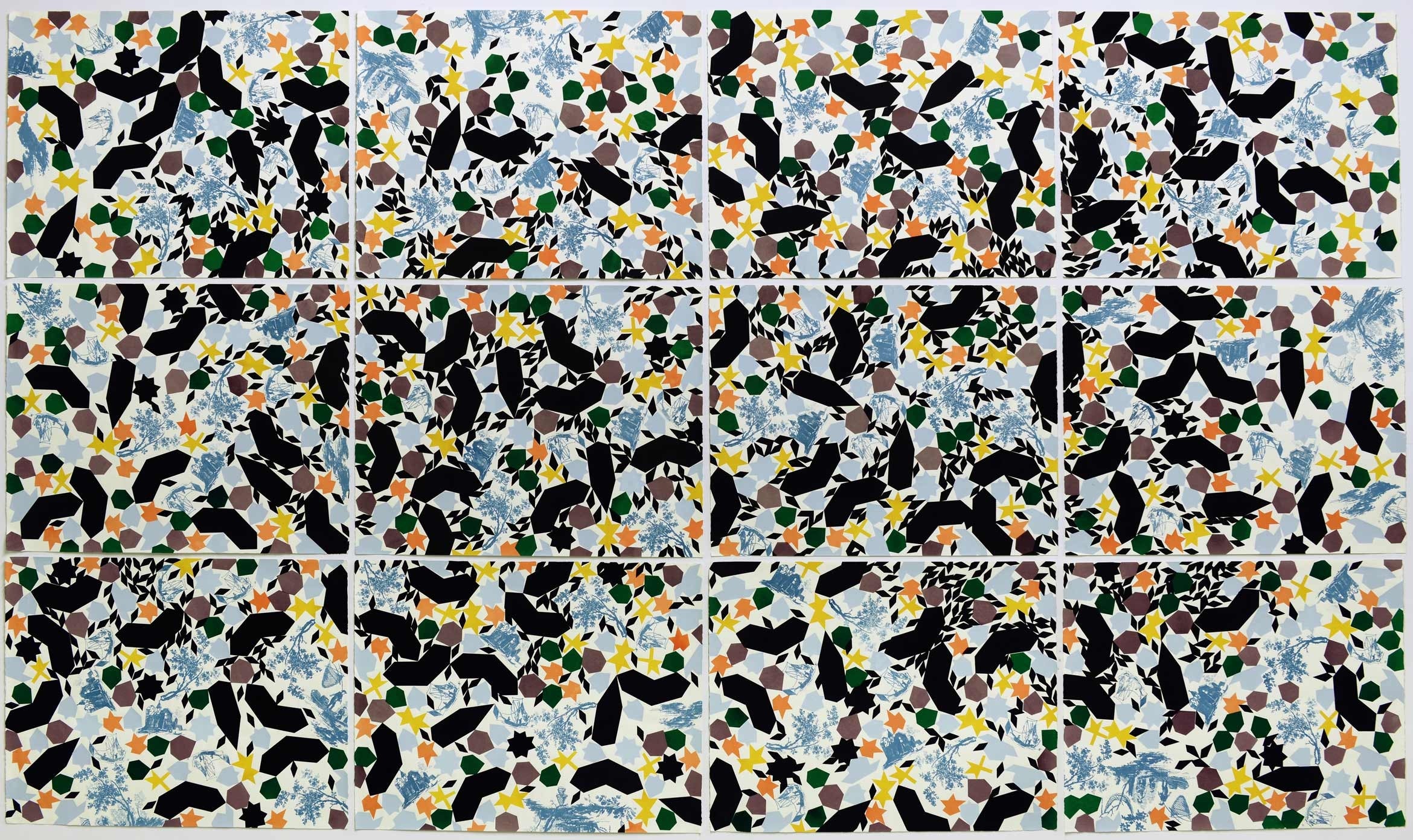
Translations have shaped how readers around the world understand Latin American literature. From Gabriel García Márquez’s “One Hundred Years of Solitude” to the dialogue-driven novels of Manuel Puig, English-language editions helped bring the region’s writers into a global conversation. A new book, “Unfaithful: A Translator’s Memoir” (Bloomsbury, 2025) by UC Santa Barbara’s Suzanne Jill Levine, examines this moment of cultural exchange while reflecting on her own experiences as a translator during that era.
“Translation, like all creative writing, can be seen as an adventure,” said Levine, who received the 2024 PEN/Ralph Manheim Award for Translation. That sense of risk and discovery runs throughout “Unfaithful,” which blends personal narrative with literary history and examines how translation both connects and transforms.
Set against the backdrop of the 1960s and 1970s and the rise of the Latin American Boom, the book places literature within its political context. Writers of the Boom responded to dictatorship, censorship and social upheaval, and their novels often blurred the lines between the personal and the political. By bringing these works into English, translators played a role in expanding their reach at a time when Latin American voices were gaining unprecedented attention.
Levine recalls her first encounter with García Márquez’s novel while studying in Colombia in 1968. “That epic helped convince me to stay on a literary path,” she writes in her memoir. The discovery coincided with other Boom writers such as Julio Cortázar, Mario Vargas Llosa, Cabrera Infante and Puig gaining international prominence. Many worked from exile, navigating censorship and political upheaval while reimagining the novel for a new generation of readers.
Levine reflects on the challenges of rendering experimental and colloquial Spanish into English — whether Cabrera Infante’s Cuban slang or Puig’s cinematic dialogue. Her translations, like those of many others working in the same period, required inventing new strategies to capture the rhythm and voice of writers working far outside traditional literary styles.
The memoir also examines the question of fidelity in translation. Levine argues that all translations involve both closeness and distance, pointing to the impossibility of complete literalness. “A translation can only ever be, at best, the vivid performance of an author’s words in another language,” she writes. This approach frames translation not as reproduction but as interpretation, where meaning is negotiated across cultures.
While the memoir is grounded in Levine’s own career, it also engages with larger questions about the role of translation in shaping global literature. How much of a writer’s voice carries across languages? To what extent does translation create new literary traditions? “Unfaithful” explores these questions through both lived experience and reflection, showing translation as an essential but often overlooked part of literary history.




